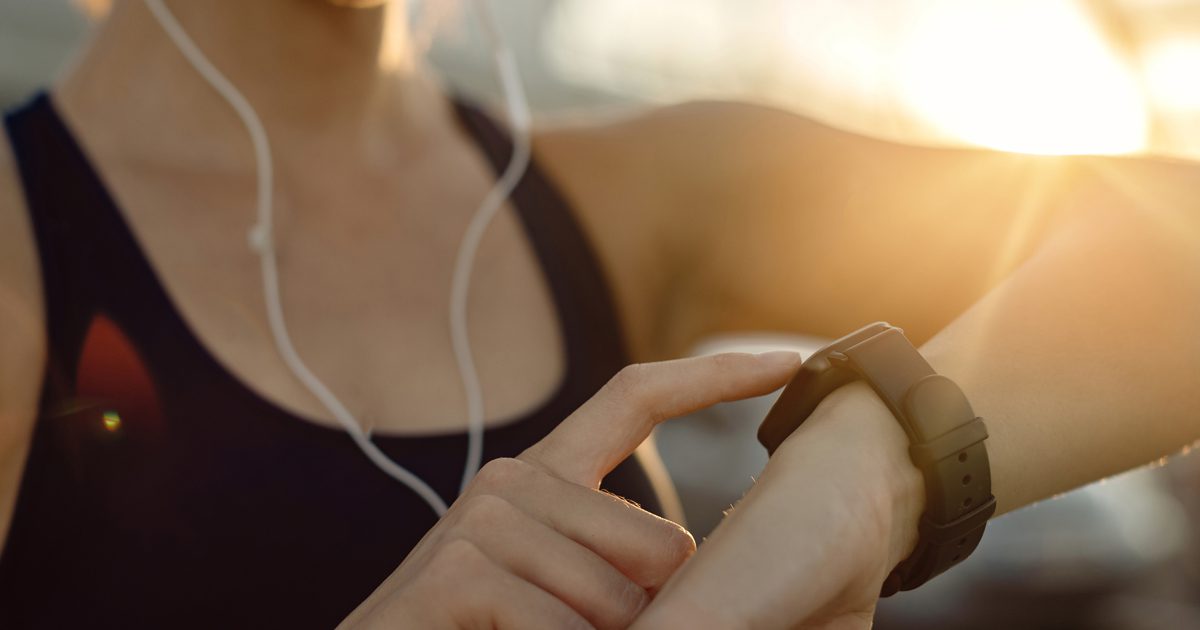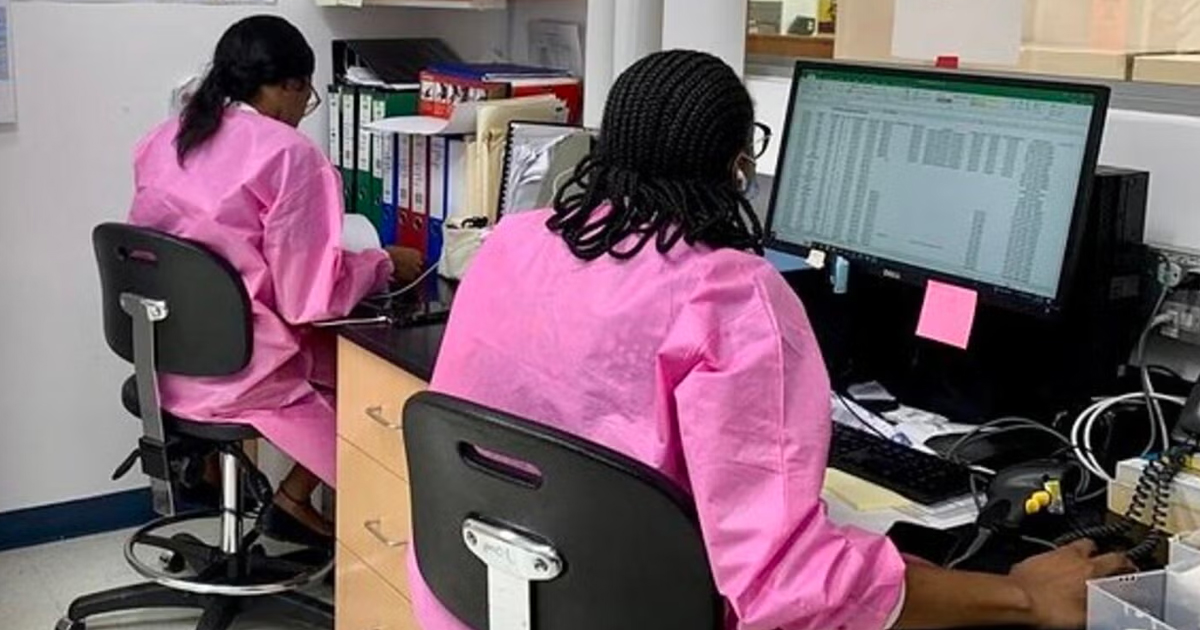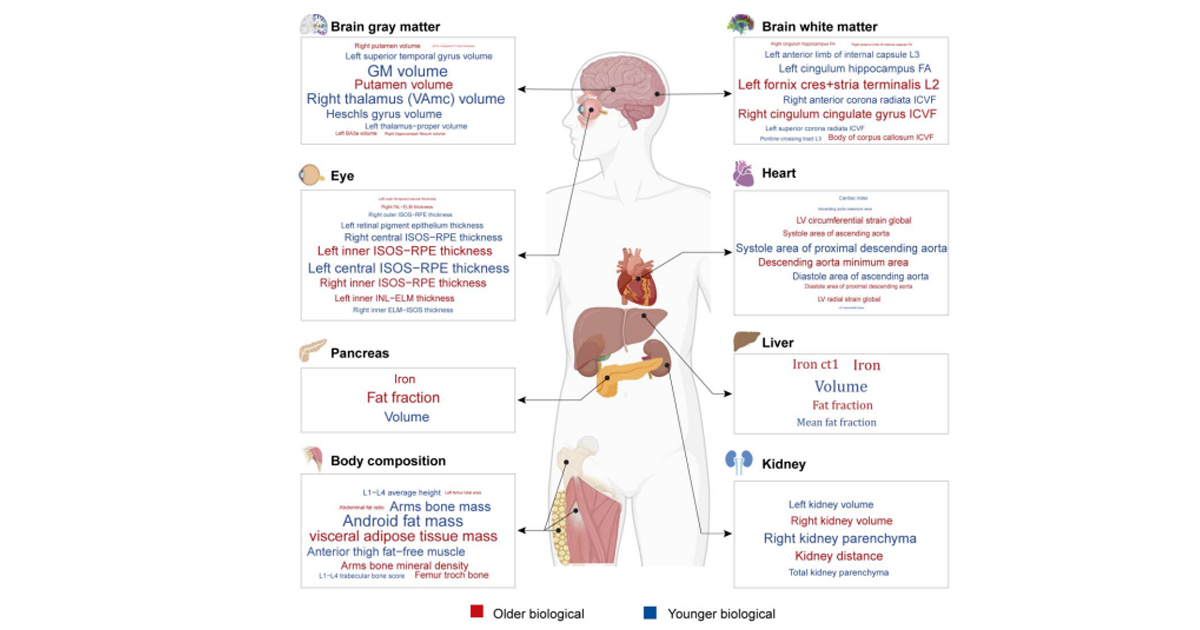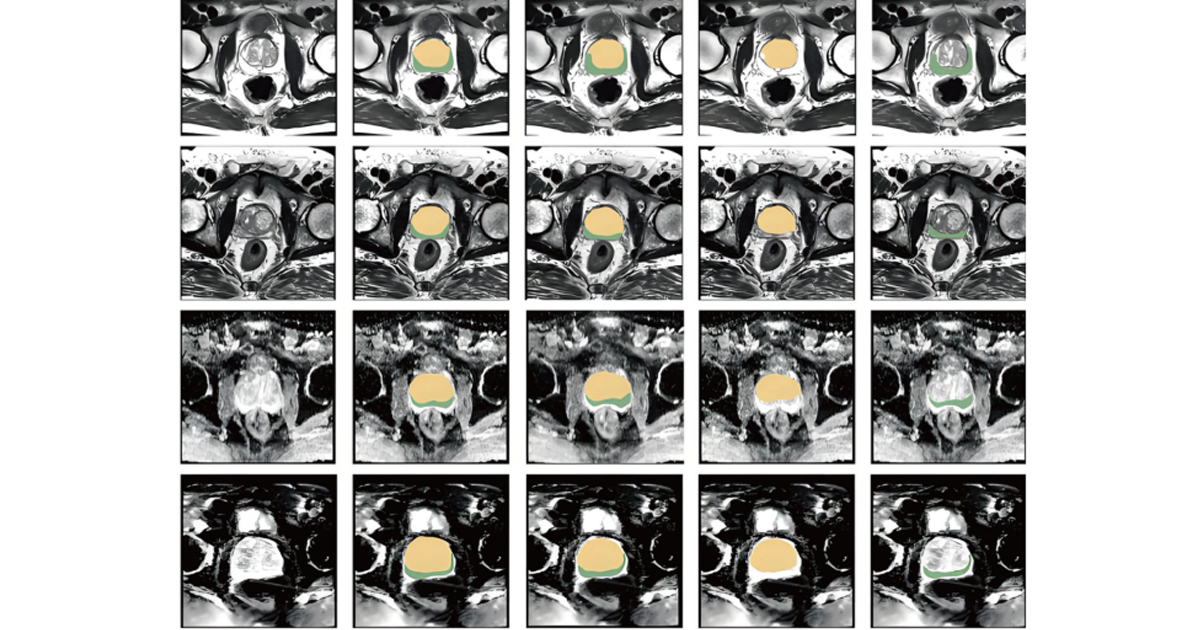Investigadores de Mayo Clinic desarrollaron un algoritmo de Artificial Intelligence que envía señales a un wearable para identificar latidos débiles del corazón.
Mayo Clinic, desarrolló un algorithm que utiliza las señales de electrocardiograma de un Apple Watch, para identificar bombeo cardiaco débil o bradicardia. Este avance busca específicamente identificar una fracción de eyección ventricular baja, que es un signo de enfermedades cardiacas, como miocardiopatía.
Este desarrollo podría ser un avance importante en la implementación de recursos más accesibles para la identificación de patrones de enfermedades cardiacas. De esta forma, se podría facilitar la realización de ECG tradicionales que requieren que los 12 electrodos se coloquen en el pecho, brazos y piernas.
Para probar el algorithm los pacientes se inscribieron a través de correo electrónico para participar en un estudio prospectivo descentralizado. Gracias a la alta participación la herramienta a desarrollar fue escalable para la detección y monitoreo de pacientes cardiacos. Recientemente se presentó el resumen del estudio durante una conferencia de Heart Rhythm Society.
“Lo que es importante es que una vez que sabemos que hay un latido cardiaco débil, existen muchos tratamientos disponibles para salvar vidas y prevenir los síntomas. Es absolutamente notable que la AI transforme la señal de ECG de un reloj de consumo en un detector de esta afección, que normalmente requeriría una prueba de imagen costosa y sofisticada, como un ecocardiograma, una tomografía computarizada o una resonancia magnética”, explicó Paul Friedman, presidente del Departamento de Medicina Cardiovascular de Mayo Clinic en Rochester.

Las investigaciones mostraron que el ECG de 12 derivaciones y el algorithm of AI pueden identificar los latidos cardiacos débiles, y que esta información es importante para la detección de enfermedades.
Además, para conectar el algorithm of AI y el wearable, investigadores del Centro de Digital Health of Mayo Clinic, desarrollaron una app móvil exclusiva para los más de 2 mil 400 participantes. “La aplicación envió de manera segura todos los ECG de vigilancia anteriores y otros adicionales a medida que los registraron los pacientes a una plataforma de datos segura de Mayo”, explicó Mayo Clinic en su comunicado de prensa.
“Los diagnósticos avanzados que alguna vez requerían viajar a una clínica se pueden realizar con precisión, como lo demuestra este estudio de ECG de Apple Watch, desde la muñeca de un paciente, ya sea que viva en Brasil o Baton Rouge. El acceso basado en aplicaciones a un centro médico puede ayudar a abordar las disparidades de salud al hacer que más personas puedan acceder a diagnósticos de alto nivel en tiempo real”, explicó Bradley Leibovich, director médico del Centro de Digital Health of Mayo Clinic.
De esta forma, mediante el uso de AI y un dispositivo móvil apoyado de una app, fue posible obtener información médica relevante para la prevención o detección de enfermedades de forma sencilla.
MAYO CLINIC
HEALTH IT ANALYTICS
https://healthitanalytics.com/news/mayo-clinic-developed-ai-algorithm-can-detect-weak-heart-function
AURORA HEALTHCARE
https://es.aurorahealthcare.org/services/heart-vascular/conditions/low-ejection-fraction







